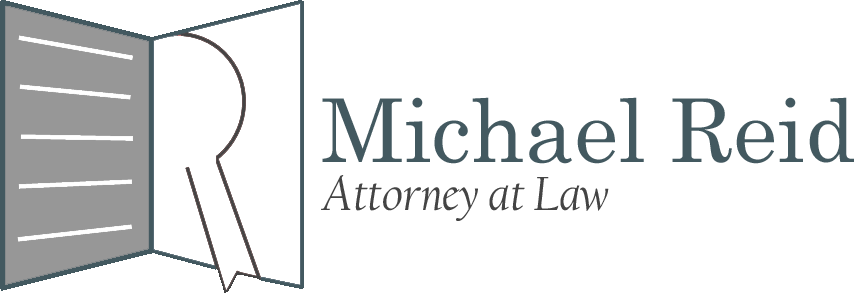Chapter 7
A Chapter 7 bankruptcy filing is an opportunity to start fresh. In this form of bankruptcy, a successful filing may result in discharge of all of your unsecured debt. In Chapter 7, you will surrender any non-exempt property and eliminate most, if not all, of your debt. Your credit score will take a hit, but removal of your debt obligations should allow you to start over and quickly rebuild your credit.
Benefits of Chapter 7
- You may be able to keep your house and car
- Fast and easy
- Wipe away unsecured debt
- End collector’s phone calls
- Credit will recover more quickly
Chapter 7 Process
- Evaluate the advantages and disadvantages. The decision to file bankruptcy should not be taken lightly. The clear advantage is that the conclusion of a successful filing results in a clean slate. Many, if not all, of your debts can be discharged. Be sure to consider, however, how bankruptcy will affect your credit; a factor that could affect your ability to secure credit in the future.
- Complete a credit counseling course. Certified completion of an approved credit counseling course is required prior to filing a petition. The bankruptcy court provides a list of many low-cost options.
- Gather important documents and prepare the petition. Preparing a filing will require you to organize your financial documents, including bank statements, tax returns, pay stubs, retirement account information. You will need to assess your monthly expenses and value your real and personal property. Your attorney can advise you as to the specific documents you will need to gather.
- Redeem or reaffirm secured assets. In a Chapter 7 bankruptcy, your assets will either be exempted, redeemed, or liquidated. If they are exempted, you must reaffirm the debt associated with the asset in order to maintain possession.
- Attend the Creditors Meeting. About 30 days after your petition is filed, you will be required to attend a meeting where your creditors will have a chance to review and comment on your filing. You must attend this meeting and you must bring two required forms of identification.
- Complete financial management course. A second approved financial counseling course must be completed prior to discharge. This can be done online from your choice of several low cost providers.
- Your debt is discharged. Once the petition is filed, your creditors can no longer contact you regarding your debts. After it is discharged, you are free from the obligation.

